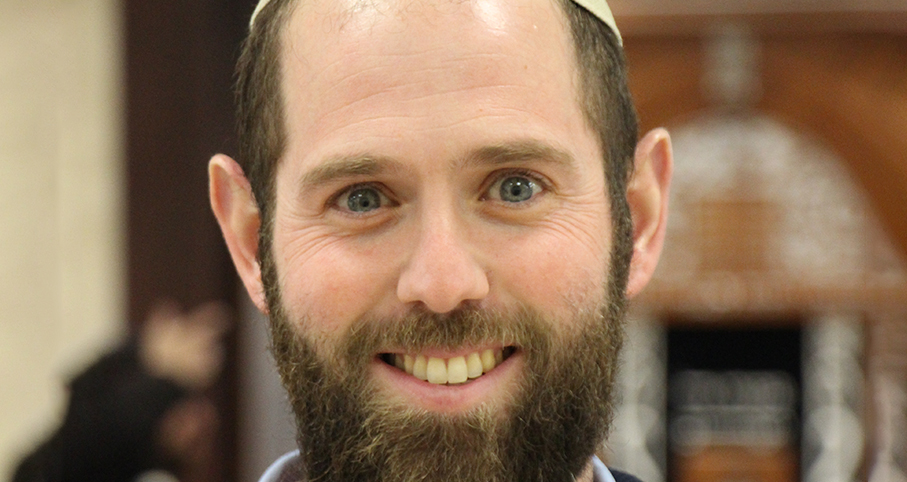YitroWHAT CONVINCED YITRO MAY SWAY THE ANTI-ISRAEL TOO
We find that Yitro was convinced to follow the G-d of Israel for "Now I know that the Lord is greater than all the deities, for (precisely) with the thing that they plotted, [G-d brought] upon them(selves) (18, 11)." Rashi explains that the Egyptians drowned the boys of Israel, so in the end, G-d drowned their men as well. Why was this "Midah k'negged mida" (literally: "a measure for a measure)- so convincing for Yitro, even convincing him to actually change his life & join Israel? Similarly, this can help us understand why this theme of "V'Nahafoch hu…" (literally: "it was reversed", that the Megila flips everything Haman planned to do Israel, 180 degrees and brings upon Haman himself is so central also to Megilat Esther & the forthcoming holiday of Purim? We are not just speaking of irony, but of justice.

















